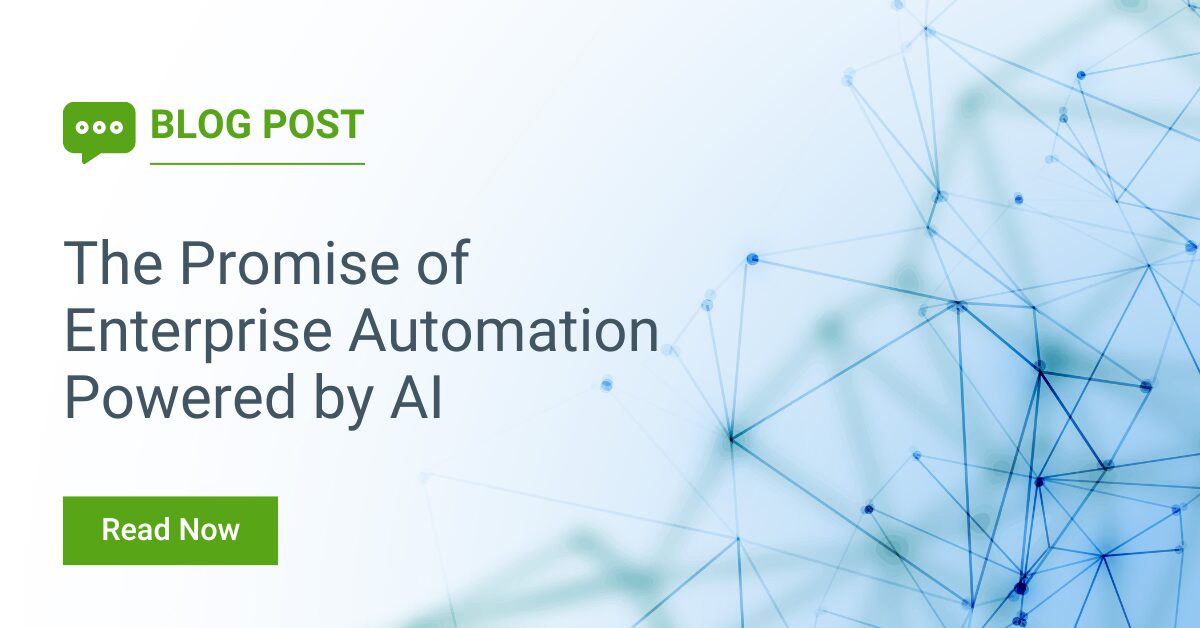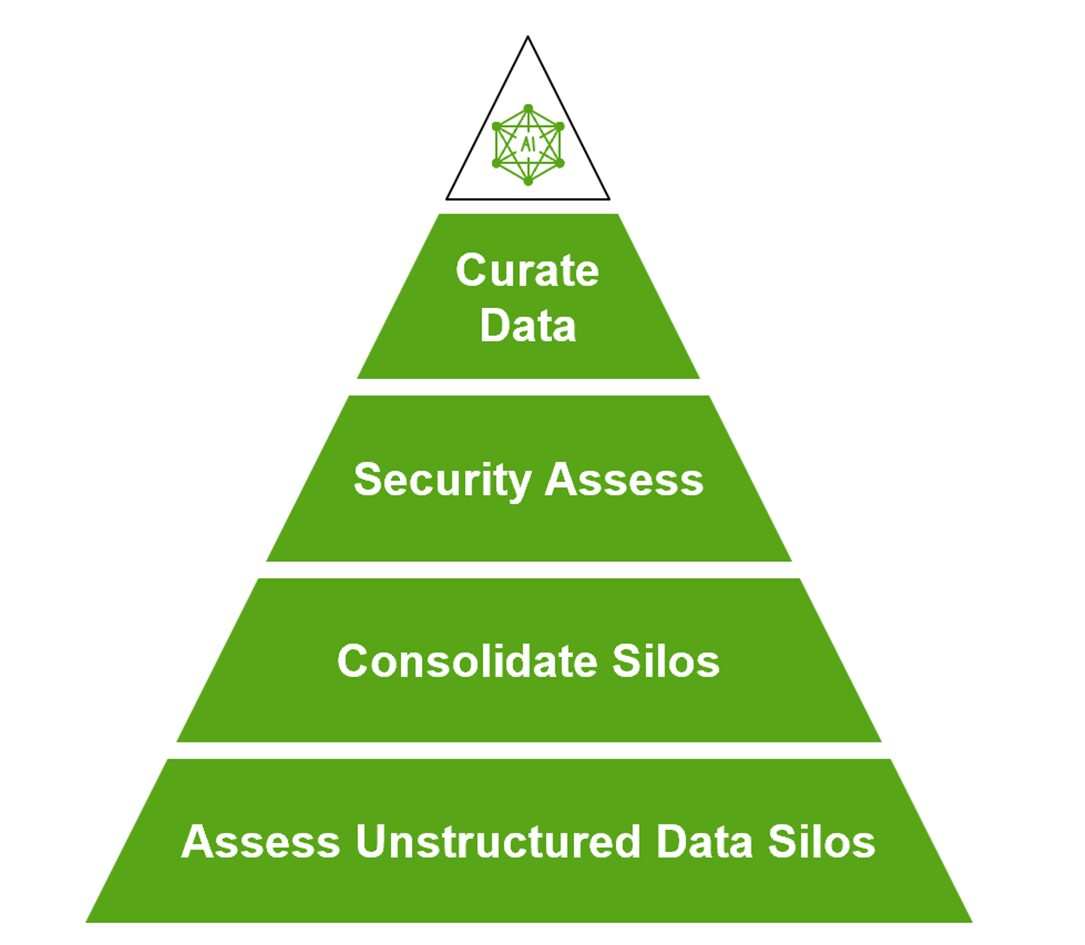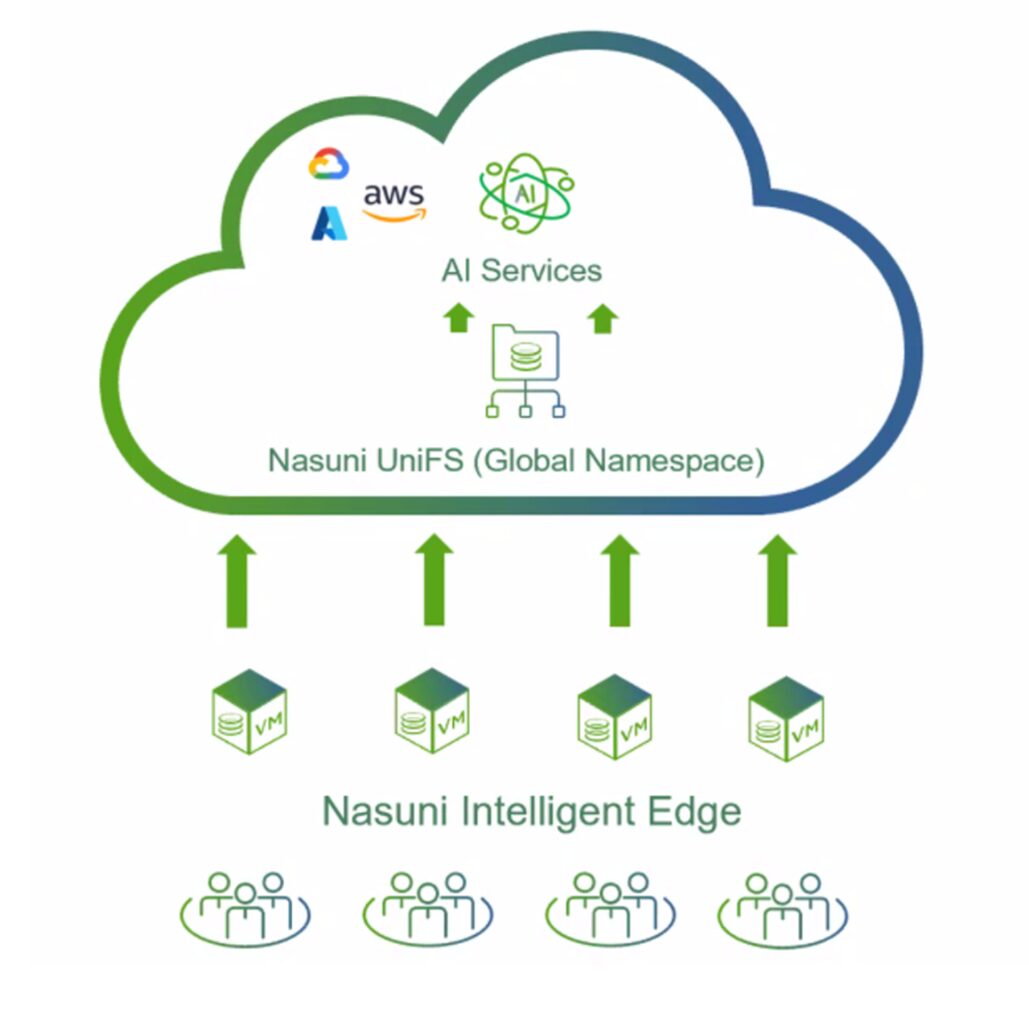The Promise of Enterprise Automation Powered by AI
Jim Liddle shares how innovations in machine learning and AI are helping enterprises get Fit for AI through intelligent automation.
March 6, 2024

Artificial intelligence (AI) is transforming businesses, but what does it really mean for enterprises? At its core, AI enables automation – the ability to automate tasks, workflows, and decisions that previously required human effort. Enterprises have long sought to drive efficiency and scale through automation, first with simple programmatic rules-based systems and later with more advanced algorithmic software. Now, innovations in machine learning and AI are powering the next generation of intelligent automation – meaning it’s time to get fit for AI.
By infusing AI into business processes, enterprises can achieve levels of efficiency, consistency, and scale that were unimaginable a decade ago. Mundane, repetitive tasks such as data entry and collection can now be handled 24/7 by intelligent AI algorithms. Complex business decisions such as fraud detection or price optimization can now be made in real-time based on huge amounts of data. Workflows that spanned days or weeks can now be completed in hours or minutes.
So, while the buzzword “AI” grabs headlines today, its real enterprise impact comes from automation. With AI, accounting firms can automatically process invoices and expenses. Supply chain companies can automatically track inventory levels and shipments. Healthcare organizations can automatically translate medical records. The list goes on and on.
The use cases of an automated enterprise powered by AI are diverse:
- Reduced costs by eliminating inefficient manual processes.
- Improved scalability by effortlessly handling processes that naturally top out with people in the loop.
- Superior speed and agility in deploying new products and reacting to market changes.
- More meaningful work for employees by automating repetitive tasks.
- Consistent 24/7 performance unaffected by turnover or absences.
The message is clear: AI is the engine fuelling a new era of automation for enterprises. While the AI hype causes excitement, it’s automation that delivers the real business results. AI automates the mundane so employees can focus on high-value tasks. It provides the possibilities of supercharging business performance through enhanced productivity and scale.
The implications of AI-driven automation extend beyond individual enterprises. As companies integrate AI into critical business functions, new benchmarks for speed, quality, and efficiency will emerge across entire industries.
Given these benefits, what are the challenges to enterprise adoption? The enterprise has a higher bar to adoption and implementation than consumer users of AI. AI implementation also comes with a unique set of challenges such as evaluating private and public AI models, ensuring compliance with evolving regulations, assessing copyright and ownership of AI systems, training data provenance, determining roles and responsibilities of access to AI systems, data complexity, talent gaps, etc.
Ultimately it all starts with the data, as none of this game-changing enterprise automation would be possible without the massive amounts of data that is required to feed AI models. Many companies have unstructured data trapped in siloed legacy file systems, making data integration and access difficult. To have a successful AI strategy companies need to also focus on their data strategy.
By taking an incremental approach, to ensure the architecture and data is fit for AI, companies can collapse their unstructured data sets into a single-source-of-truth that is required for AI solutions. Nasuni’s ‘Fit for AI’ Framework was designed to help with this process.

Nasuni’s hybrid file cloud architecture allows unstructured data generated at the edge, where data has gravity and needs to be closer to the application, to seamlessly coalesce back to the core where it is easily accessible to AI solutions through Nasuni’s global namespace. This is an enabler for AI-based solutions to access regularly changing datasets needed to drive automation and enhanced decision making.

Making unstructured data available where it is needed and harnessing its full value requires a unified global namespace capable of spanning cloud and distributed edge environments.
In the end, automation is the true transformative power of AI for the enterprise. And Nasuni, which breaks down data silos to deliver a unified environment, can provide the foundation that gets you ‘Fit for AI’ and ets you ‘makes AI-driven automation possible.